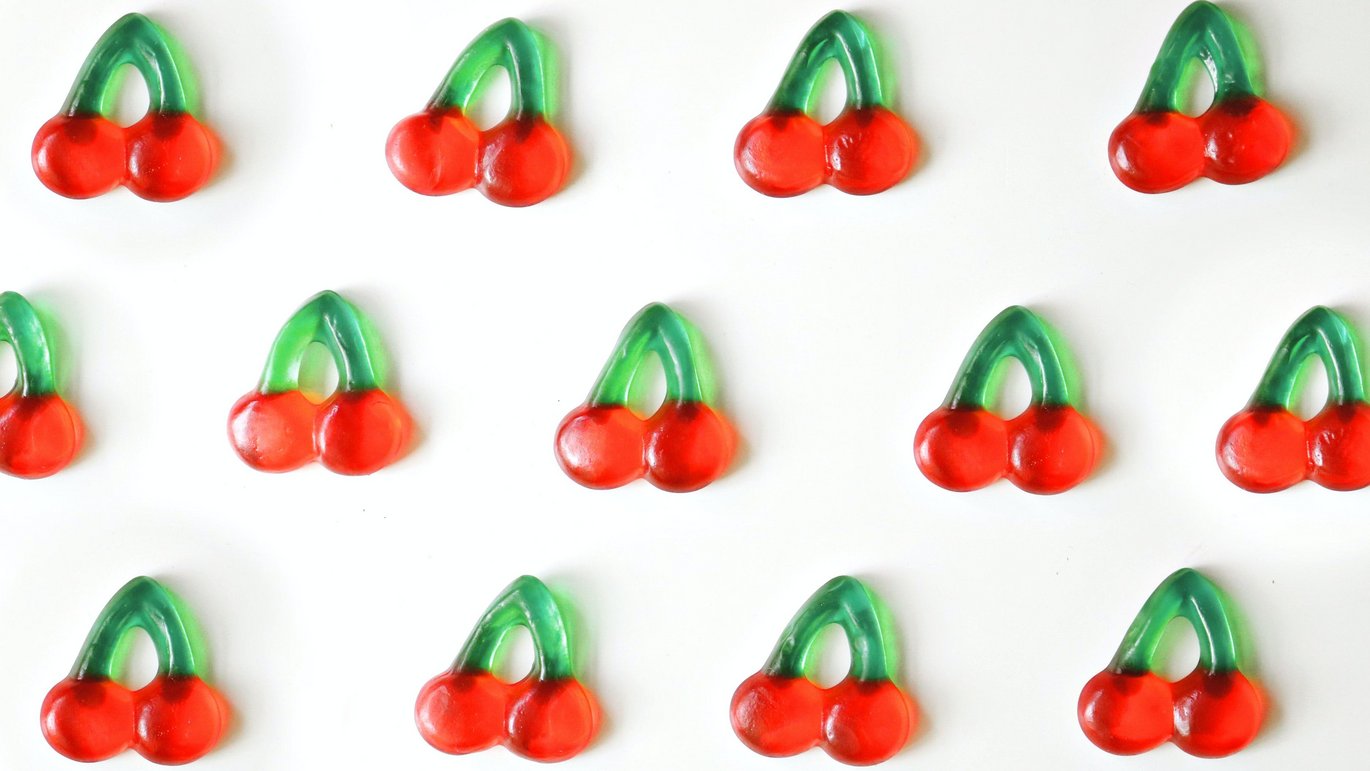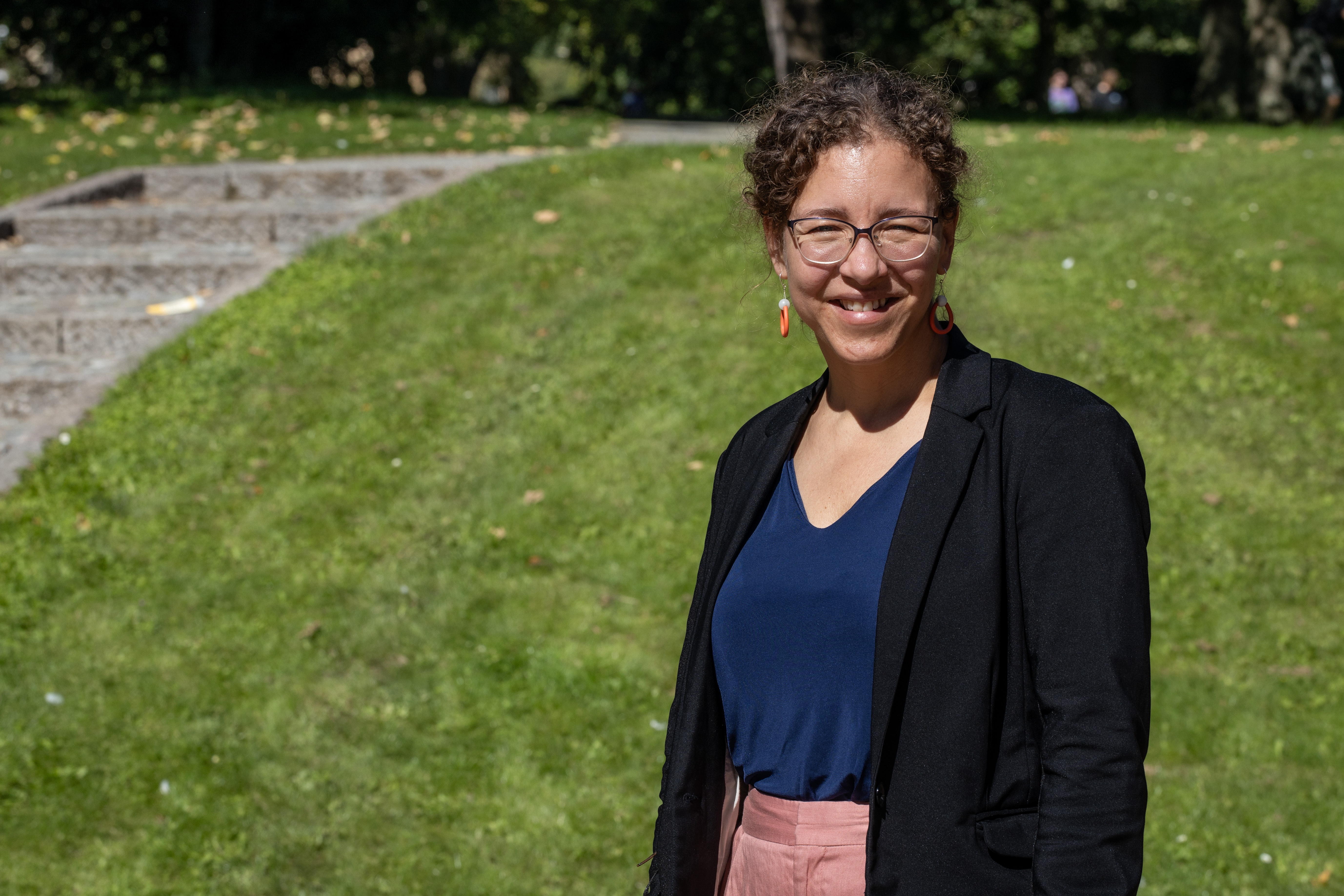AIAS Seminar: Cecilie Eriksen, AIAS-SHAPE Fellow
Bias, Blind Spots, and Cherry-picking: Methodological Challenges in Contextual Ethics

Info about event
Time
Location
AIAS, Building 1630 room 301

The seminar is held in-person, but online attendance is possible via: https://aarhusuniversity.zoom.us/j/67482436575
Abstract
Presentation of an uneasy experiment with the text genre ‘academic article’ in philosophy
How can I write about methodological challenges in contextual ethics? Can I write like this:
The philosophy of science has for a long time debated the methodological challenges in using historical case-studies. Bolinska and Martin (2020) sum up several challenges, one faces, when doing this kind of contextual philosophy of science, such as ‘construction bias’, ‘selection bias’, and ‘application bias’. In this talk, I will discuss whether these challenges also face the researcher engaging in case-studies and using case materials in the family of approaches termed ’contextual ethics’.
No. In this talk, I present extracts from an experiment in how to write an academic article along with some of my hopes and worries connected to this experiment.
Short Bio
Cecilie Eriksen is an AIAS-SHAPE Fellow from 2023-2024. Her main area of research is moral change, and she explores the concept, dynamics, structures, and normativity of moral changes. Her first monograph, Moral Change (Palgrave Macmillan 2020) was followed by the anthology New Perspectives on Moral Change – Anthropologists and Philosophers Engage with Transformations of Life Worlds (Berghahn Press 2022, co-editor Nora Hämäläinen). Her current focus is on the morally transformative potential of digital technologies. Eriksen is affiliated researcher with ESDiT and the Moral Progress-project.
What is an AIAS Seminar?
The AIAS Seminar is a session of seminars held by the AIAS fellows, AIAS Visiting or Tandem Fellows or by other speakers proposed by the fellows. In each seminar, a fellow will present and discuss her/his current research and work-in-progress for 30 minutes, closing off with 30 minutes for questions, comments and discussion.
All seminars are held in English.
